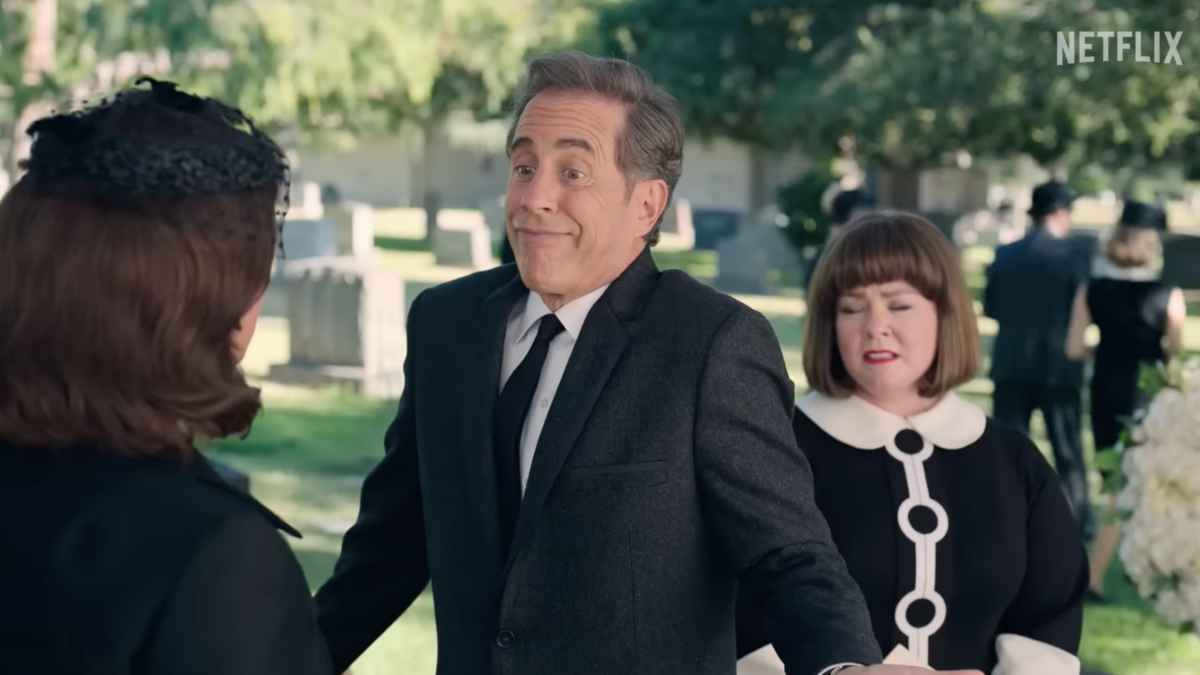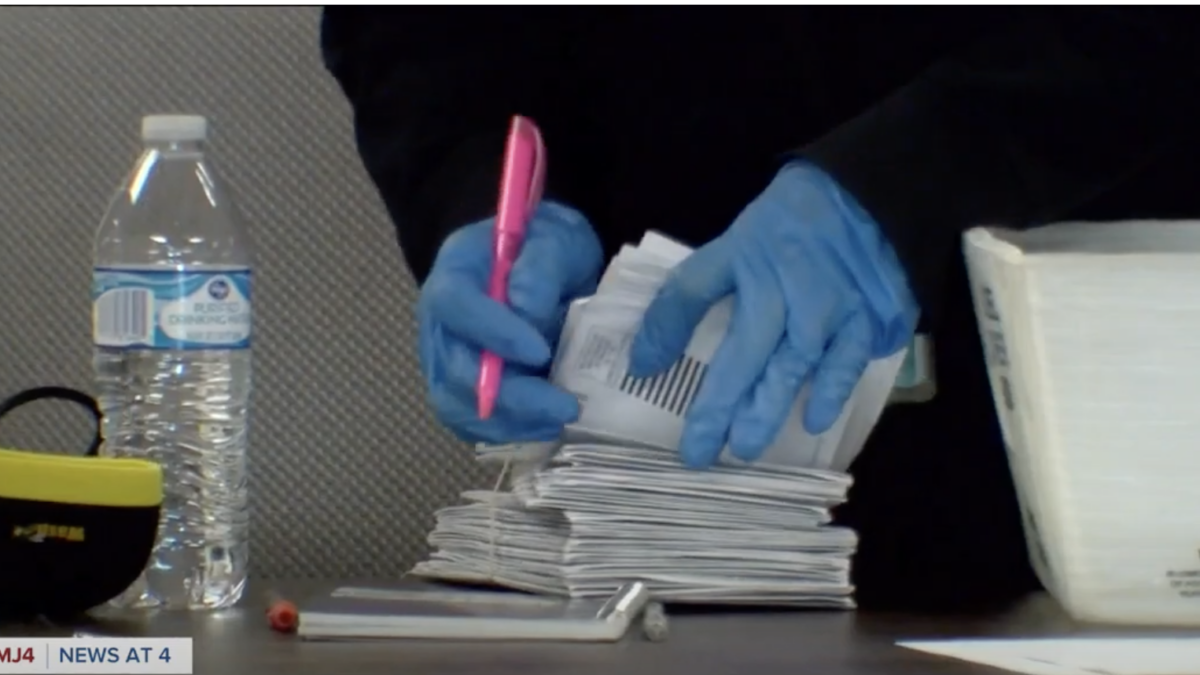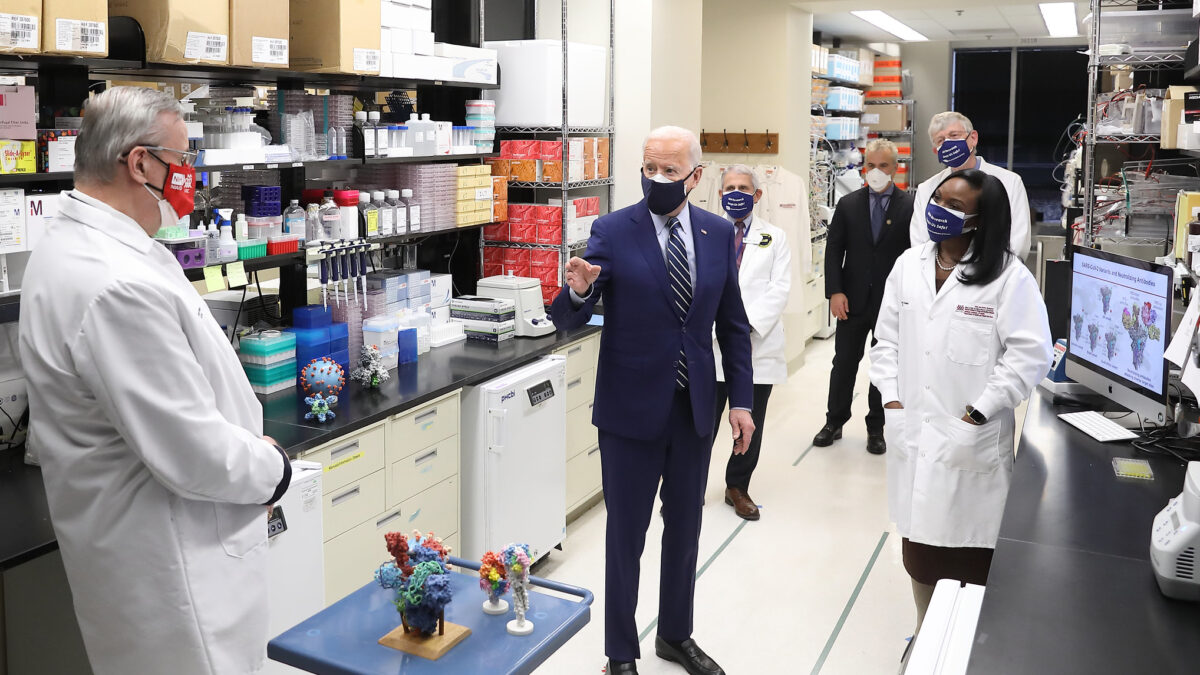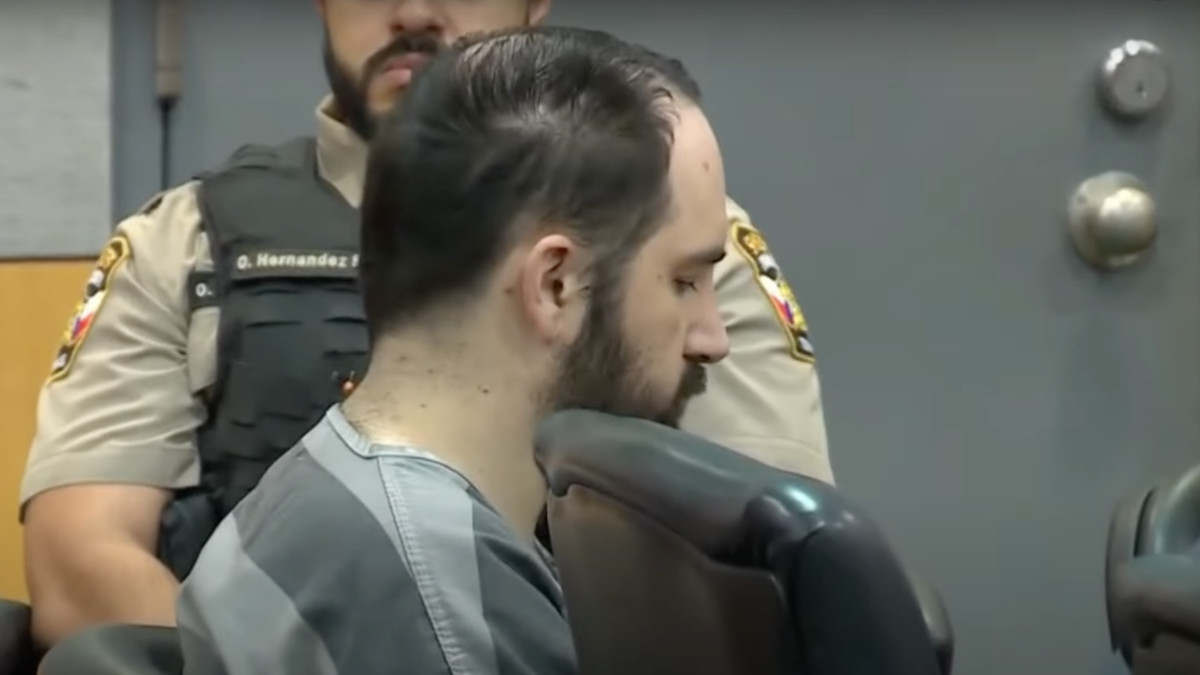
Very powerful people spent very much money hiring very big names to create a very new product, and that’s why you’ve been hearing the word “Quibi.” Some in Hollywood wonder if it’s the wave of the future.
Short-form episodic content works well on YouTube and Snapchat. The Internet has altered attention spans. Phone screens are different than television screens. This is the hole in the market Quibi believes it’s filling with “quick bite” episodes of well-produced shows that change as your phone flips from horizontal to vertical. The app is really slick, with easy toggling and a bright aesthetic.
The Launch
After nearly two years of industry buzz, Quibi launched on Monday, mid-pandemic, in a crashing economy, when any demand for on-the-go content has dissolved into a yawning appetite for total streaming immersion. Quibi’s 300,000 first-day downloads were enough to make it the fourth most popular free app on Apple, but some outlets have noted Disney+ launched with four million downloads last November. That disparity comes despite Quibi offering free 90-day trials, publicity from in-house A-list talent, and an advertising blitz.
While Quibi is asking us to fill the few remaining cracks in our daily schedules with even more screen time, its model cuts against growing binge culture. Just one hour will get you through six or more episodes of a Quibi show. Through another lens, however, Quibi complements binge culture, capitalizing on the streaming craze by helping consumers stream between binges, while putting on makeup, riding in an Uber, waiting for your kid’s soccer practice to end.
Some Quibi shows are prestige TV shrunken to bite-size, “movie-in-chapters” pieces: Liam Hemsworth and Christoph Waltz in a new “Most Dangerous Game,” ’90s murder mystery “When the Streetlights Go On,” the Sophie-Turner-helmed “Survive.” There are news shows and human-interest stories, Quibi’s content most reminiscent of the popular programming on Snapchat. You’ll also find a “Punk’d” remake and “Singled Out,” another MTV offering that feels a lot like its long-lost programming from the mid-aughts.
I don’t know what Quibi’s market research looked like, but the shows I thought worked best were the ones most similar to what seems to work with Gen Z on Snapchat and YouTube, not the efforts to cut movies into slices or mimic traditional TV.
The Programming
Shows like “Most Dangerous Game” and “When the Streetlights Go On” felt counterintuitively slow, like skipping the set-up demanded more effort to get invested. “Flipped,” with Kaitlin Olson and Will Forte, is basically a punchy network sitcom, the kind of fare I would skip for “Always Sunny.” I’ll watch if it gets funnier, but the gentle comedy about an eccentric middle-age couple seems better suited to older audiences than the viewers Quibi is targeting. “Chrissy’s Court,” a “Judge Judy” setup with Chrissy Teigen, is a contrived and clumsy mess, something that looked good on paper but didn’t translate to the screen.
The “Punk’d” remake is perfect for Quibi’s format, forcing the elimination of filler, immediately jumping into fast-paced pranking action. New host Chance the Rapper has the charm to pull it all off.
“Nikki Fresh” is surprisingly funny, a mockumentary about Nicole Richie’s attempted journey to rap stardom. If like most people you missed Netflix’s under-the-radar journalism sitcom “Great News,” you’ve probably also missed Richie’s weirdly edgy comedic talents. They’re on full display in “Nikki Fresh,” which was my favorite of the platform’s shows. “Murder House Flip,” which is exactly what it sounds like, works well too, deftly catering to Very Online viewers’ interest in true crime docuseries with a great story and appropriately rapid pace.
One thing Quibi may have going for it in the age of the coronavirus is the daily installment model. Like Lena Dunham’s genuinely worthwhile serial novel in Vogue, people with idle time are ready to be distracted by cliffhangers, and eager for daily routine.
The Future
This is an obvious point, but Quibi needs a “House of Cards” to take off, something historically good to get people in the door and help them learn to fit the format into their lives. This is more true now than it was when “Cards” debuted in 2013, before the content mountain grew to unmanageable heights. I don’t think that show exists on the platform right now.
What exists on the platform now is a confusing blend of scattershot content, not a clear brand or sense of direction beyond the format itself. Strategically, you’d think Quibi’s slate of programming should be inspired by hugely popular YouTube shows like BuzzFeed’s “Unsolved” series or the Gen-Z targeted “Euphoria,” and direct a lean pitch right at younger generations, people who watch shows on their phones.
You see some of that in “Murder House Flip,” “Punk’d” “Singled Out,” “Streetlights,” and “Nikki Fresh.” But none of these shows, even taken together, are must-see TV, or enough to be worth the money or time away from Netflix and YouTube (which is free!). Even Instagram Live content is competing with Quibi. Actually, the pause button may be Quibi’s biggest enemy. We can already break our entertainment options up as we please.
Either way, what’s clear is that Quibi is not launching into an environment that will meaningfully allow the app to test its own experiment. And its experiment is an interesting test of market demand, which is in itself an interesting reflection of shifting cultural habits in the shifting digital world. All this is to say the experiment is a worthwhile one, but this might not the best attempt to test it—at least not yet.









